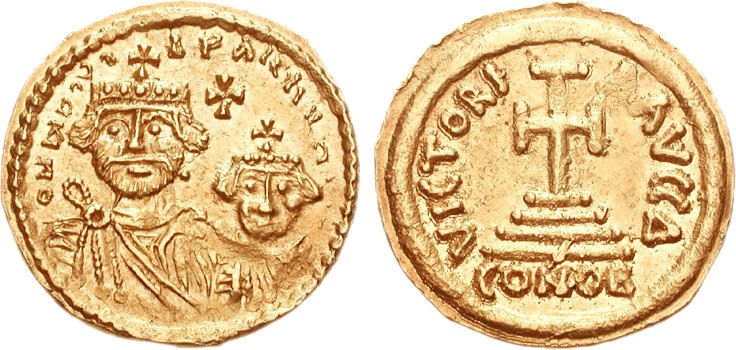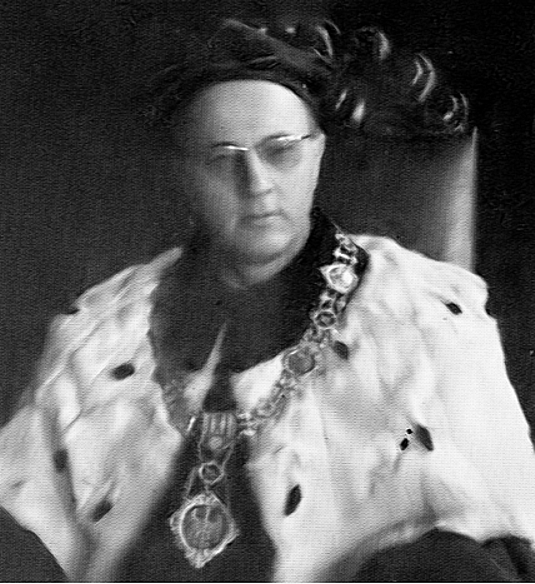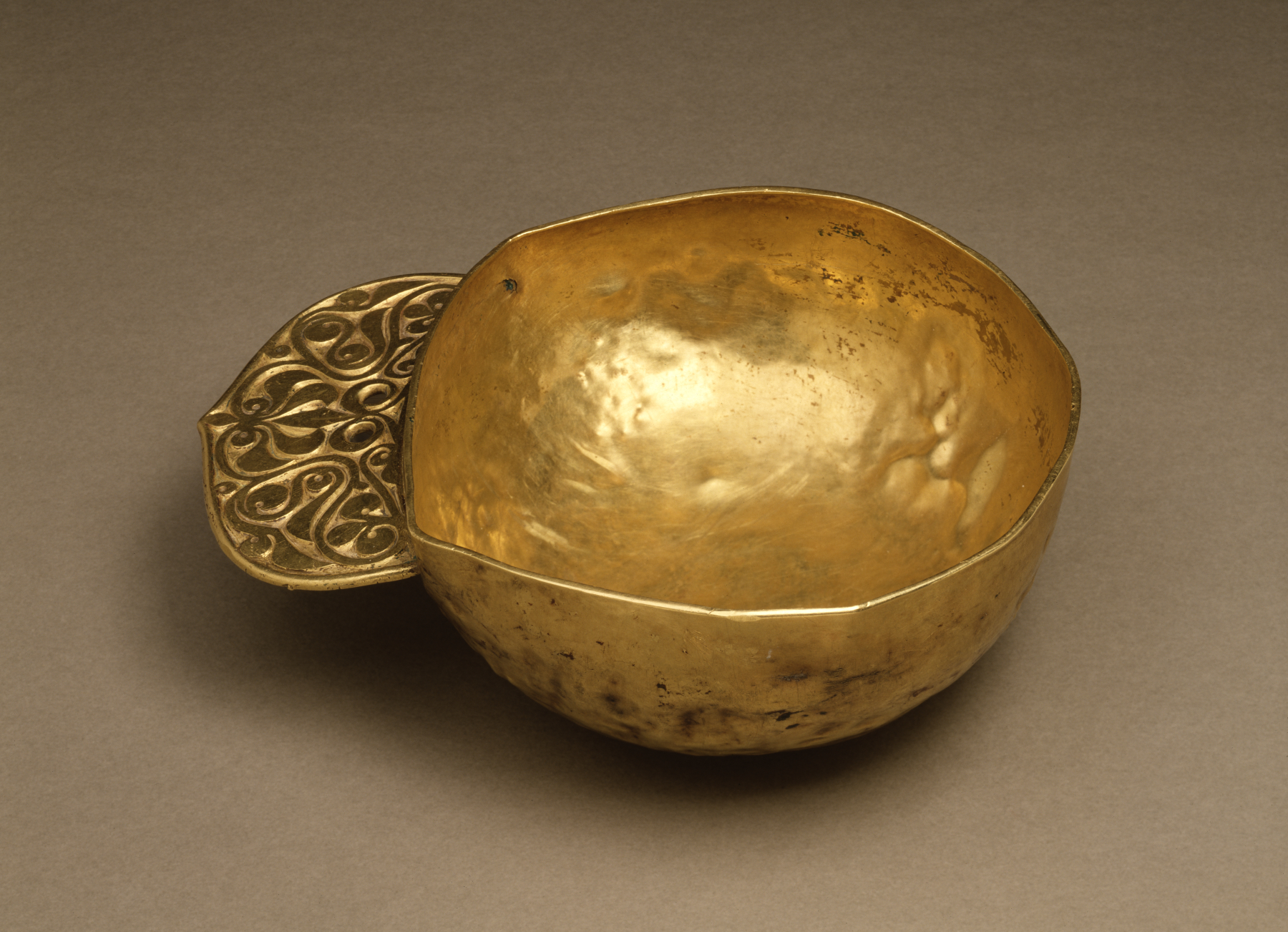|
Abraham (Avar Khagan)
Abraham became an Avar khagan around 805.Gerard Labuda Gerard Labuda ( csb, Gerard Labùda; 28 December 1916 – 1 October 2010) was a Polish historian whose main fields of interest were the Middle Ages and the Western Slavs. He was born in Kashubia. He lived and died in Poznań, Poland. Life La ...: Abraham. In: Słownik Starożytności Słowiańskich. Vol 1. 1961, p. 1. He was the successor of Theodor. Abraham was baptised in Germany. He died or was deposed before 811 because in this year the Avar khagan was his successor. Footnotes References * Labuda Gerard: Abraham. In: Słownik Starożytności Słowiańskich. Vol 1. 1961, p. 1. {{s-end Further reading * Kos F.: Gradivo za zgodovino Slovencev v srednjem veku. Vol 2. Ljubljana 1912, p. 29, 39-40. 8th-century births 9th-century deaths 9th-century monarchs in Europe Pannonian Avars Christian Khagans ... [...More Info...] [...Related Items...] OR: [Wikipedia] [Google] [Baidu] |
Avars (Carpathians)
The Pannonian Avars () were an alliance of several groups of Eurasian nomads of various origins. The peoples were also known as the Obri in chronicles of Rus, the Abaroi or Varchonitai ( el, Βαρχονίτες, Varchonítes), or Pseudo-Avars in Byzantine sources, and the Apar ( otk, 𐰯𐰺) to the Göktürks (). They established the Avar Khaganate, which spanned the Pannonian Basin and considerable areas of Central and Eastern Europe from the late 6th to the early 9th century. The name Pannonian Avars (after the area in which they settled) is used to distinguish them from the Avars of the Caucasus, a separate people with whom the Pannonian Avars might or might not have had links. Although the name ''Avar'' first appeared in the mid-5th century, the Pannonian Avars entered the historical scene in the mid-6th century, on the Pontic–Caspian steppe as a people who wished to escape the rule of the Göktürks. They are probably best known for their invasions and destruction in ... [...More Info...] [...Related Items...] OR: [Wikipedia] [Google] [Baidu] |
Khagan
Khagan or Qaghan (Mongolian:; or ''Khagan''; otk, 𐰴𐰍𐰣 ), or , tr, Kağan or ; ug, قاغان, Qaghan, Mongolian Script: ; or ; fa, خاقان ''Khāqān'', alternatively spelled Kağan, Kagan, Khaghan, Kaghan, Khakan, Khakhan, Khaqan, Xagahn, Qaghan, Chagan, Қан, or Kha'an is a title of imperial rank in the Turkic, Mongolic and some other languages, equal to the status of emperor and someone who rules a khaganate (empire). The female equivalent is Khatun. It may also be translated as " Khan of Khans", equivalent to King of Kings. In Bulgarian, the title became known as ''Khan'', while in modern Turkic, the title became ''Khaan'' with the ''g'' sound becoming almost silent or non-existent; the ''ğ'' in modern Turkish ''Kağan'' is also silent. Since the division of the Mongol Empire, monarchs of the Yuan dynasty and the Northern Yuan held the title of ''Khagan''. ''Kağan, Hakan'' and ''Kaan'', Turkish equivalents of the title are common Turkish names ... [...More Info...] [...Related Items...] OR: [Wikipedia] [Google] [Baidu] |
Gerard Labuda
Gerard Labuda ( csb, Gerard Labùda; 28 December 1916 – 1 October 2010) was a Polish historian whose main fields of interest were the Middle Ages and the Western Slavs. He was born in Kashubia. He lived and died in Poznań, Poland. Life Labuda was born in Nowa Huta, Pomeranian Voivodeship, Kartuzy, Poland (before 1918 Neuhütte/ Karthaus, West Prussia / Prussian Partition of Poland, Germany), into a Kashubian family. He was the son of Stanislaw Labuda and Anastazja Baranowska. From 1950 he was a professor at Poznań University; rector 1962–1965; from 1951 a member of the Polish Academy of Learning (''PAU''); president 1989–1994; from 1964 member of the Polish Academy of Sciences (''PAN''); vice-president 1984–1989; from 1959 to 1961 director of the Western Institute (''Instytut Zachodni'') in Poznań and a member of the New York Academy of Sciences. He was buried in Luzino - Kashubia. From 1958 onwards he edited the multi-volume '' Słownik Starożytno ... [...More Info...] [...Related Items...] OR: [Wikipedia] [Google] [Baidu] |
Avar Khaganate
The Pannonian Avars () were an alliance of several groups of Eurasian nomads of various origins. The peoples were also known as the Obri in chronicles of Rus, the Abaroi or Varchonitai ( el, Βαρχονίτες, Varchonítes), or Pseudo-Avars in Byzantine sources, and the Apar ( otk, 𐰯𐰺) to the Göktürks (). They established the Avar Khaganate, which spanned the Pannonian Basin and considerable areas of Central and Eastern Europe from the late 6th to the early 9th century. The name Pannonian Avars (after the area in which they settled) is used to distinguish them from the Avars of the Caucasus, a separate people with whom the Pannonian Avars might or might not have had links. Although the name ''Avar'' first appeared in the mid-5th century, the Pannonian Avars entered the historical scene in the mid-6th century, on the Pontic–Caspian steppe as a people who wished to escape the rule of the Göktürks. They are probably best known for their invasions and destruction in ... [...More Info...] [...Related Items...] OR: [Wikipedia] [Google] [Baidu] |
Theodorus (Avar Khagan)
Theodoros or Theodorus ( el, Θεόδωρος) is a masculine given name, from which Theodore is derived. The feminine version is Theodora. It may refer to: Ancient world :''Ordered chronologically'' * Theodorus of Samos, 6th-century BC Greek sculptor, architect and inventor * Theodorus of Cyrene, 5th-century BC Libyan Greek mathematician * Theodorus of Byzantium, late 5th-century BC Greek sophist and orator * Theodorus the Atheist (c. 340–c. 250 BC), Libyan Greek philosopher * Theodorus of Athamania (), King of a tribe in Epirus * Theodorus (meridarch) (), civil governor of the Swat province of the Indo-Greek kingdom * Theodorus of Gadara, 1st-century BC Greek rhetorician * Theodorus of Asine (), Greek Neoplatonist philosopher * Theodorus of Tabennese (c. 314–368), Egyptian Christian monk * Theodorus (usurper) (), Roman usurper against Emperor Valens * Theodorus Priscianus, 4th-century physician at Constantinople * Theodorus I (bishop of Milan) (died 490) * Theodorus (consul ... [...More Info...] [...Related Items...] OR: [Wikipedia] [Google] [Baidu] |
Isaac (Avar Khagan)
Isaac; grc, Ἰσαάκ, Isaák; ar, إسحٰق/إسحاق, Isḥāq; am, ይስሐቅ is one of the three patriarchs of the Israelites and an important figure in the Abrahamic religions, including Judaism, Christianity, and Islam. He was the son of Abraham and Sarah, the father of Jacob and Esau, and the grandfather of the twelve tribes of Israel. Isaac's name means "he will laugh", reflecting the laughter, in disbelief, of Abraham and Sarah, when told by God that they would have a child., He is the only patriarch whose name was not changed, and the only one who did not move out of Canaan. According to the narrative, he died aged 180, the longest-lived of the three patriarchs. Etymology The anglicized name "Isaac" is a transliteration of the Hebrew name () which literally means "He laughs/will laugh." Ugaritic texts dating from the 13th century BCE refer to the benevolent smile of the Canaanite deity El. Genesis, however, ascribes the laughter to Isaac's parents, Abraham ... [...More Info...] [...Related Items...] OR: [Wikipedia] [Google] [Baidu] |
8th-century Births
The 8th century is the period from 701 ( DCCI) through 800 ( DCCC) in accordance with the Julian Calendar. The coast of North Africa and the Iberian Peninsula quickly came under Islamic Arab domination. The westward expansion of the Umayyad Empire was famously halted at the siege of Constantinople by the Byzantine Empire and the Battle of Tours by the Franks. The tide of Arab conquest came to an end in the middle of the 8th century.Roberts, J., '' History of the World'', Penguin, 1994. In Europe, late in the century, the Vikings, seafaring peoples from Scandinavia, begin raiding the coasts of Europe and the Mediterranean, and go on to found several important kingdoms. In Asia, the Pala Empire is founded in Bengal. The Tang dynasty reaches its pinnacle under Chinese Emperor Xuanzong. The Nara period begins in Japan. Events * Estimated century in which the poem Beowulf is composed. * Classical Maya civilization begins to decline. * The Kombumerri burial grounds are founded. * ... [...More Info...] [...Related Items...] OR: [Wikipedia] [Google] [Baidu] |
9th-century Deaths
The 9th century was a period from 801 ( DCCCI) through 900 ( CM) in accordance with the Julian calendar. The Carolingian Renaissance and the Viking raids occurred within this period. In the Middle East, the House of Wisdom was founded in Abbasid Baghdad, attracting many scholars to the city. The field of algebra was founded by the Muslim polymath al-Khwarizmi. The most famous Islamic Scholar Ahmad ibn Hanbal was tortured and imprisoned by Abbasid official Ahmad ibn Abi Du'ad during the reign of Abbasid caliph al-Mu'tasim and caliph al-Wathiq. In Southeast Asia, the height of the Mataram Kingdom happened in this century, while Burma would see the establishment of the major kingdom of Pagan. Tang China started the century with the effective rule under Emperor Xianzong and ended the century with the Huang Chao rebellions. While the Maya experienced widespread political collapse in the central Maya region, resulting in internecine warfare, the abandonment of cities, and a northward ... [...More Info...] [...Related Items...] OR: [Wikipedia] [Google] [Baidu] |
9th-century Monarchs In Europe
The 9th century was a period from 801 (Roman numerals, DCCCI) through 900 (Roman numerals, CM) in accordance with the Julian calendar. The Carolingian Renaissance and the Viking raids occurred within this period. In the Middle East, the House of Wisdom was founded in Abbasid Caliphate, Abbasid Baghdad, attracting many scholars to the city. The field of algebra was founded by the Muslim polymath al-Khwarizmi. The most famous Islamic Scholar Ahmad ibn Hanbal was tortured and Imprisonment, imprisoned by Abbasid official Ahmad ibn Abi Du'ad during the reign of Abbasid caliph al-Mu'tasim and caliph al-Wathiq. In Southeast Asia, the height of the Mataram Kingdom happened in this century, while Burma would see the establishment of the major kingdom of Pagan Kingdom, Pagan. Tang china, Tang China started the century with the effective rule under Emperor Xianzong of Tang, Emperor Xianzong and ended the century with the Huang Chao#Rebellions, Huang Chao rebellions. While the Maya civilizati ... [...More Info...] [...Related Items...] OR: [Wikipedia] [Google] [Baidu] |
Pannonian Avars
The Pannonian Avars () were an alliance of several groups of Eurasian nomads of various origins. The peoples were also known as the Obri in chronicles of Rus, the Abaroi or Varchonitai ( el, Βαρχονίτες, Varchonítes), or Pseudo-Avars in Byzantine sources, and the Apar ( otk, 𐰯𐰺) to the Göktürks (). They established the Avar Khaganate, which spanned the Pannonian Basin and considerable areas of Central and Eastern Europe from the late 6th to the early 9th century. The name Pannonian Avars (after the area in which they settled) is used to distinguish them from the Avars of the Caucasus, a separate people with whom the Pannonian Avars might or might not have had links. Although the name ''Avar'' first appeared in the mid-5th century, the Pannonian Avars entered the historical scene in the mid-6th century, on the Pontic–Caspian steppe as a people who wished to escape the rule of the Göktürks. They are probably best known for their invasions and destruction in ... [...More Info...] [...Related Items...] OR: [Wikipedia] [Google] [Baidu] |







